Wiccan Horned God and the Triple Goddess
Last Updated on December 18, 2017 by Abigail Adams
Most religions today are built on the concept of faith which revolves in some way around the teachings of one individual or deity. It is something we have become accustomed to in mainstream society and so anything other than this is quite often difficult for us to understand.
Yet in Wiccan teachings the gods which they worship are not only those which are drawn from Pagan and ancient rituals and rites, but they can differ between covens. Although they all embrace the terms God and Goddess, or quite frequently, Lord and Lady, who those deities are depend on the different traditions’ beliefs.
This is entirely in keeping with Pagan beliefs which might have involved different needs and requirements throughout the world. Indeed, and particularly when it comes to the seasons and growing, what is important to one nation which is arid, might be completely different to another where there is little sun and warmth. So, in a practical sense, it is completely normal that different gods might be prominent in different cultures or even districts.
There are though other influences on Wiccan gods and much of this revolves around the secrecy which is historical known to affect the different covens. Yet this secrecy is not, as is often thought, because they had something dark and sinister to hide, but has more to do with the issue of respect.
Wiccans believe that the deities of other religions should not be insulted simply by definition of their not worshiping a particular god. And so there was a general principle of remaining silent about their own deity which was often combined with a refusal to discuss others. In the Wiccan culture there is no desire to convert any particular individual to their way of thinking as it is considered a matter of choice. This means that they rarely feel the need to speak of their own deity to others.
Of course, there is also a matter of law, at least in more recent times. Witchcraft until the middle of the last century, had long since been considered a crime and, even before that, witches had been persecuted across many countries. Any association then with witchcraft or magic in general was practiced in secrecy and again, as a result, the deities between covens were never mentioned.
Confusion also arises with regard to the very term, Horned God, which, due to misinformation which has developed over the centuries, is often associated with the Devil. Therefore this often serves only to reinforce the mainstream belief that Wicca is a devil worshiping culture.
Yet our concept that the Devil is a horned creature is something which, if not a modern belief, did only develop a few hundred years ago. In scriptures and writings there is no mention of the Devil having horns or even hooves, and the stereotype was simply something that grew out of a need to sensationalize that particular image. In fact, what horns actually represent in nature are strong, masculine traits and often those concerned with fertility. If you think of a rutting stag with antlers when you look at an image of the Horned God, then this is a more accurate picture of what he is intended to represent.
So, when we remove all myths, sensationalism and legend from our vision of the Gods and Goddesses of Wicca, what we reveal is a concept founded in the Pagan belief of worshiping a God who is meant to ensure our continued survival and prosperity. What we also see is a tradition which is respectful of those who believe in other deities and silence is often founded not only in a desire not to offend, but on the understanding that we all need to worship our own God.
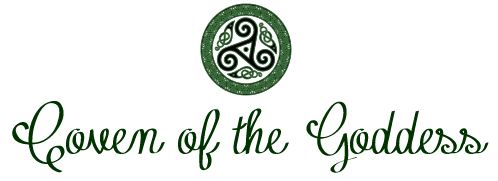
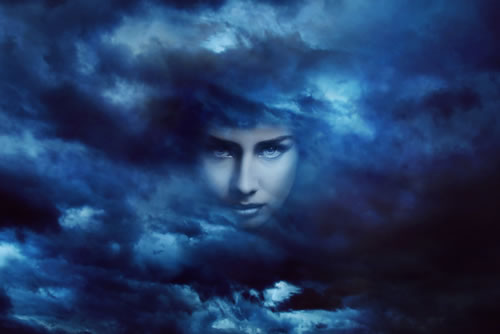
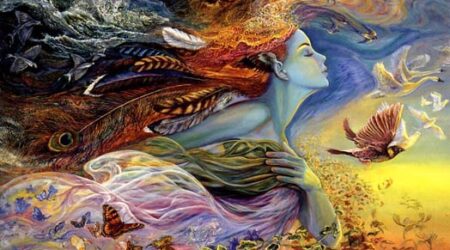
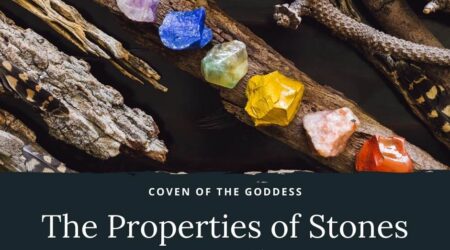
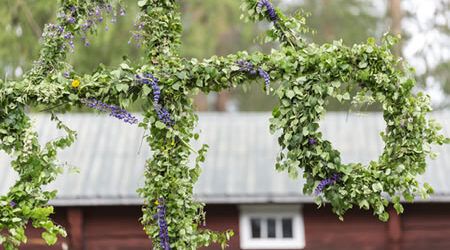
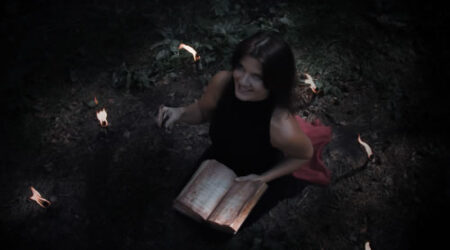
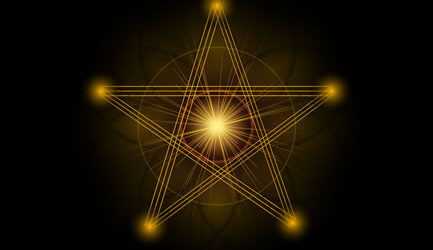


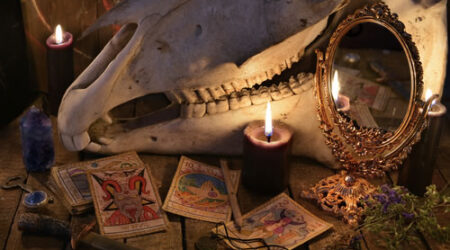
Leave a Reply